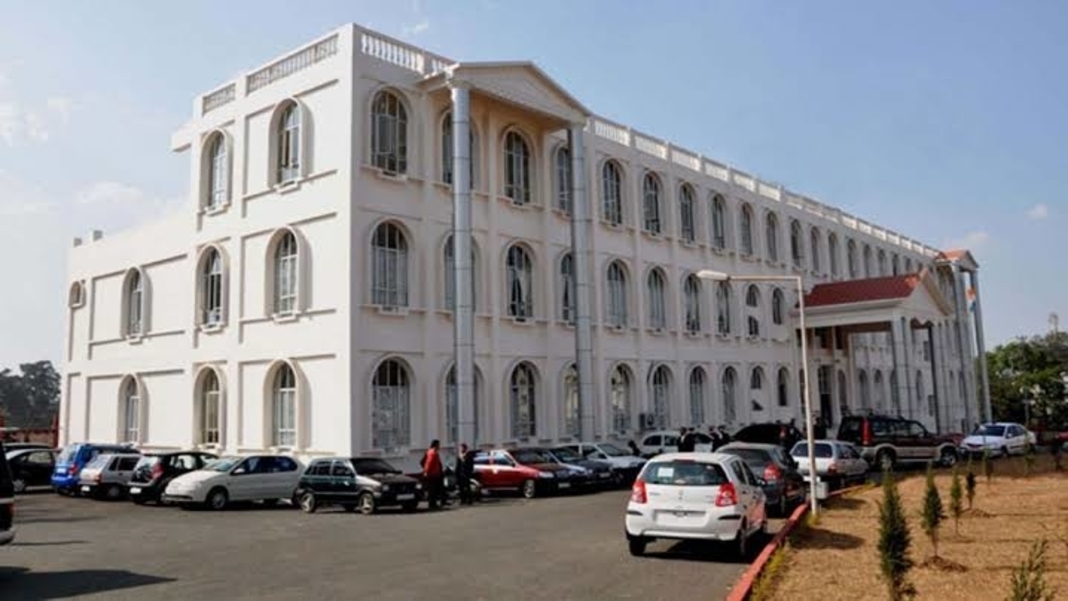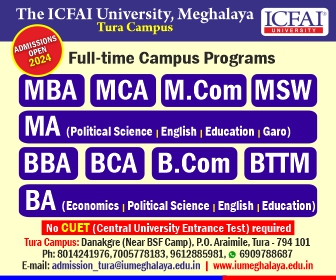SHILLONG, Sept 30: The Meghalaya High Court on Friday directed the Secretary in-charge Home department to file a report indicating the effective measures taken including arresting any attempt by those prima facie found to be involved in the police vehicle racket to remove their assets or funds.
“Such report should be filed when the matter appears next on October 17,” said the two-member bench comprising of Chief Justice Sanjib Banerjee and Justice W Diengdoh – in its order passed while hearing a PIL filed by two residents of Shillong which include Riewad Vicharwant Warjri against the perceived illegal procurement of vehicles by some officials of the Police department.

The petitioners claimed that different vehicles were purchased by the Police department since 2019 without any valid sanction from the competent authority and that a total number of 29 official vehicles were in the personal custody of the then the Assistant Inspector General (Administration) of the Meghalaya Police.
The petitioners suspected that though there was some hue and cry after the matter surfaced and some semblance of an inquiry may also have been conducted, there may be an attempt to cover up the entire episode and, worse still, not take steps against the guilty nor make any attempt to recover the public money that has obviously been squandered.
The State informed that the inquiry has been conducted and the matter is under consideration.

The State further submitted that charges may be framed against some persons against whom prima facie material has been discovered. However, it said that it is too early for any drastic action to be taken immediately.
When the bench asked as to whether any steps have been taken to ensure that those perceived to be behind the defalcation do not remove, dissipate or transfer their assets, the State said that it is only after any person is found guilty of defalcation that steps may be taken to recover the money that may have been misappropriated.
The bench however said, “Unfortunately, the greater scam in this country is not in the scams themselves, but in the inquiries that follow the scams. More often than not, tomes of paper are wasted to bury the truth and seldom have the guilty been taken to task or any attempt made to recover the public money that was wasted. It is hoped that this particular matter does not travel the same established route.”







